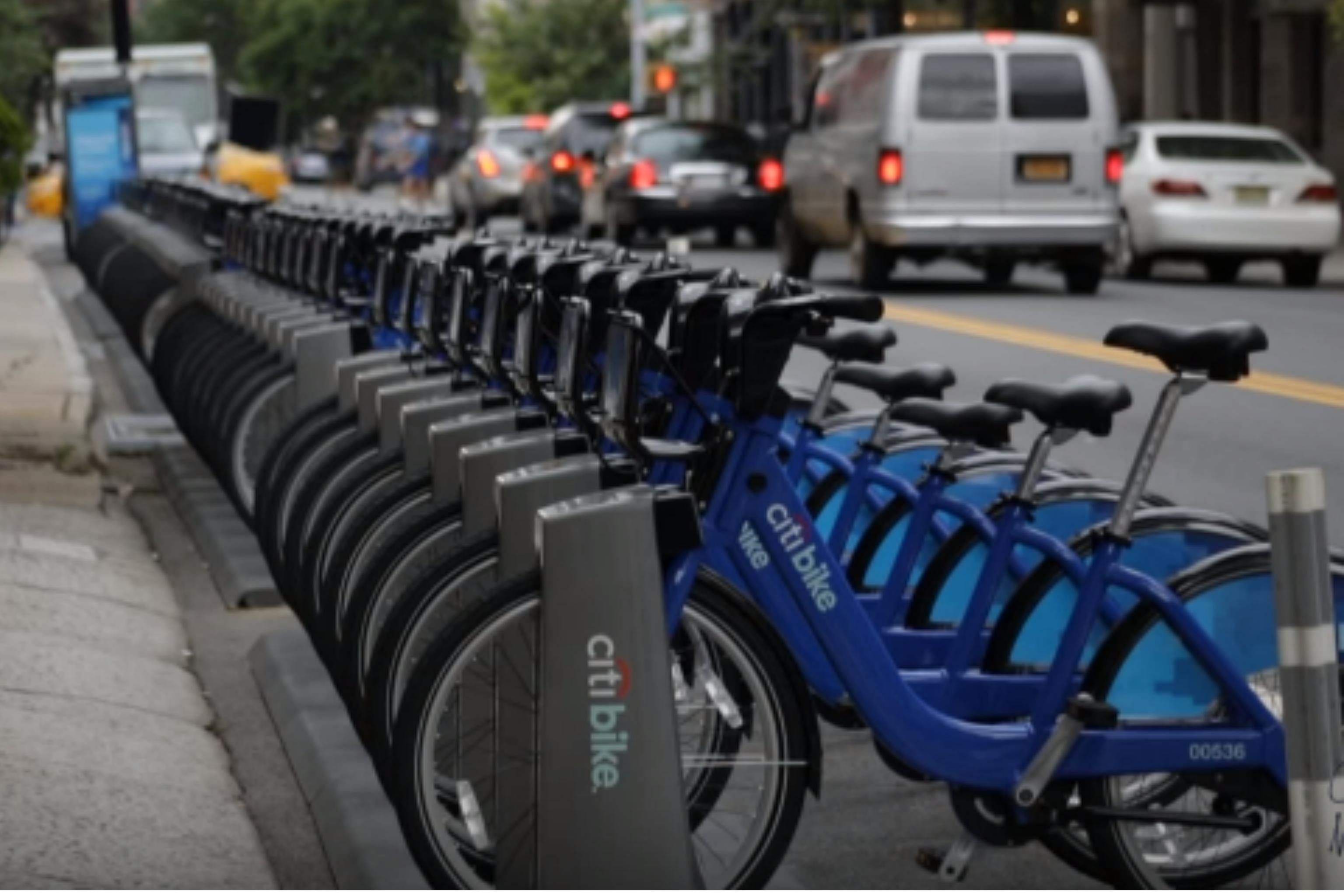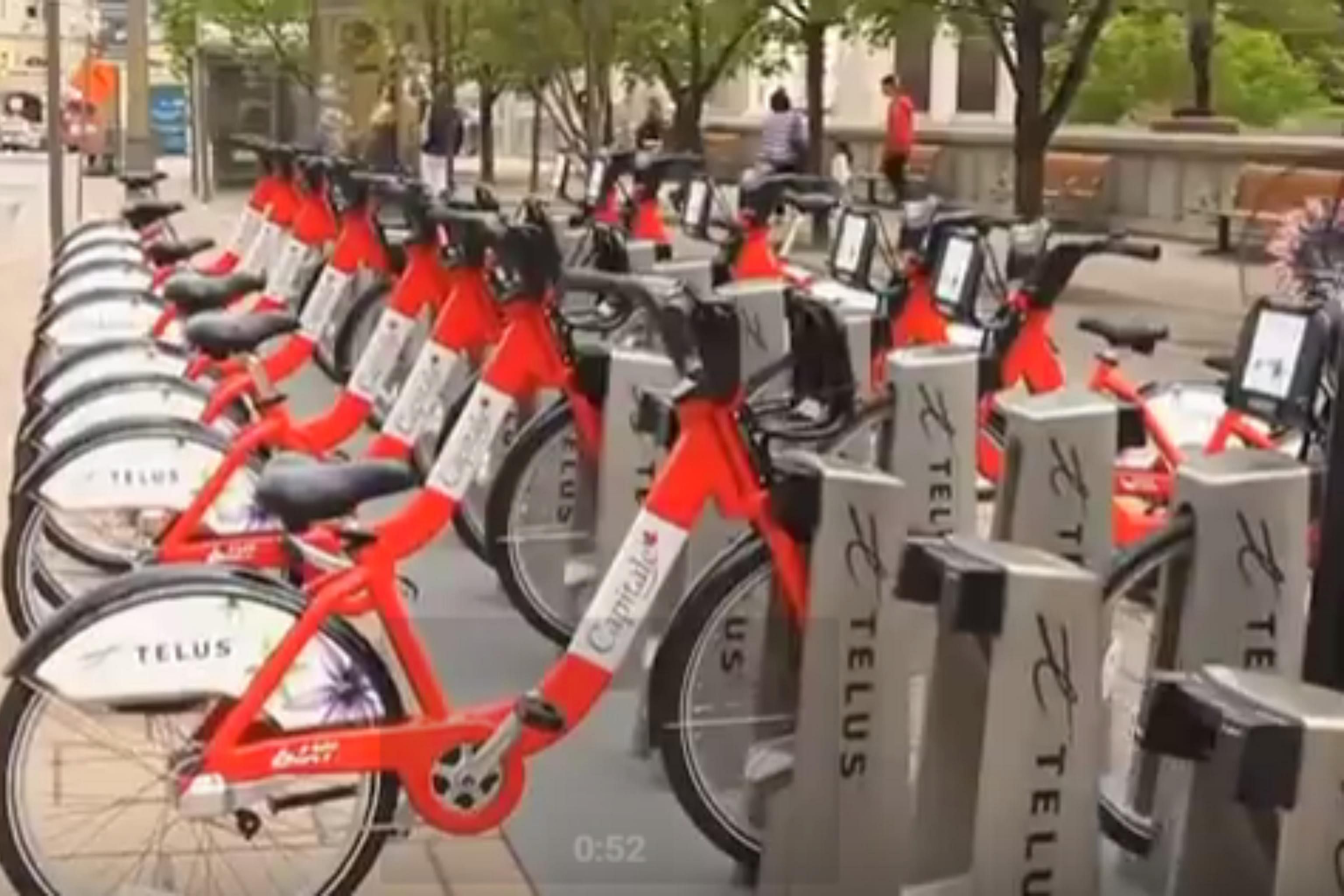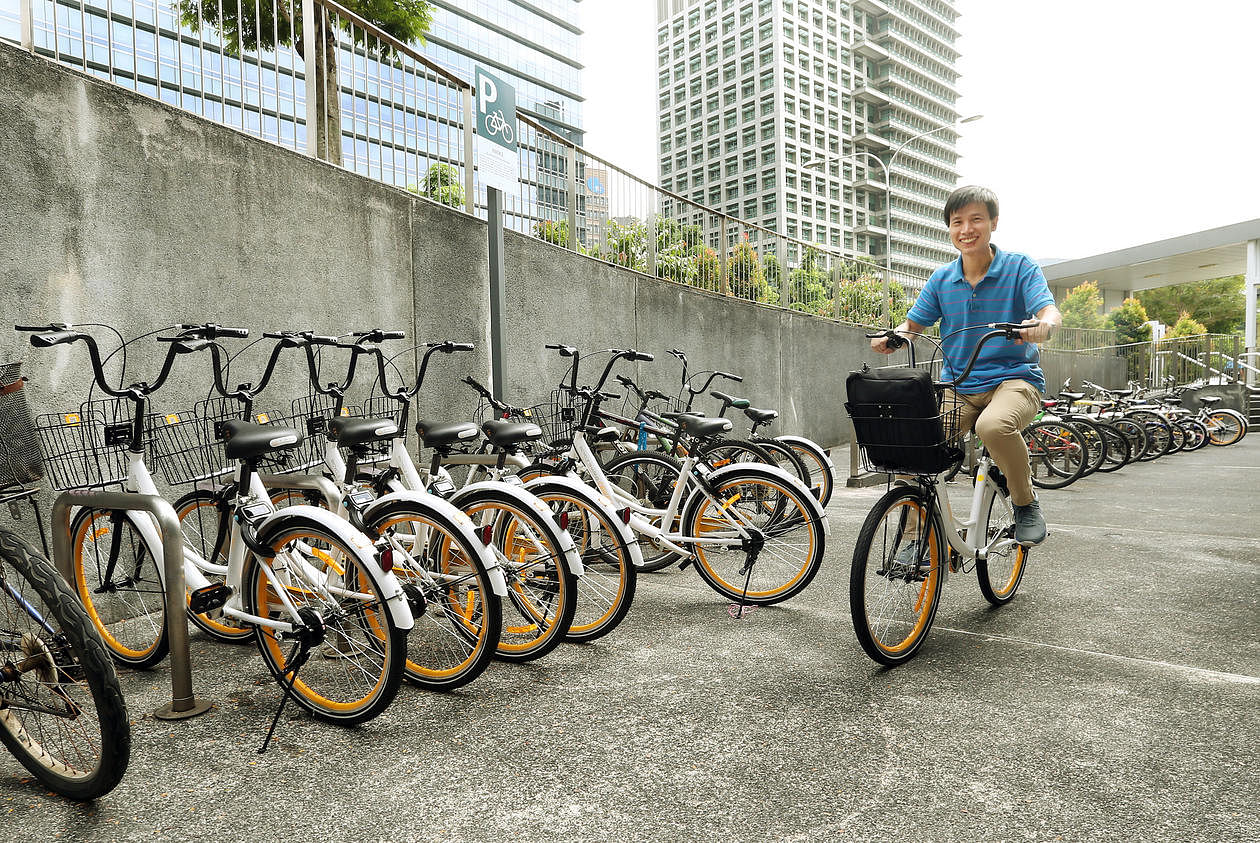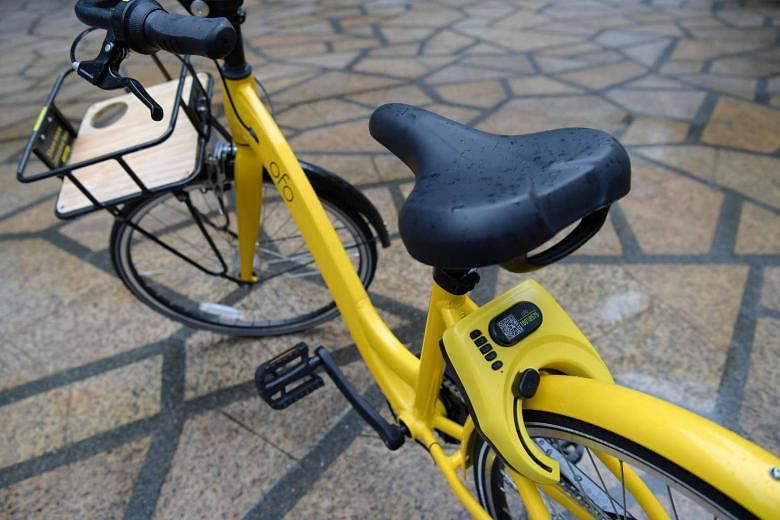Bike-sharing apps were hailed as key players in Singapore's car-lite push but since their implementation earlier this year, they have encountered an unlikely road bump - inconsiderate users.
From blatantly chaining the bicycles outside high-rise buildings to subtly appropriating the bicycles by repainting them, errant users have proven to be the scourge of bike-sharing firms in Singapore.
On May 24, ofo announced plans to counter the misuse of its bicycles. These include using a QR-enabled smart lock instead of a number lock which is more prone to abuse.
This is hardly a local problem as bike-sharing firms in other countries have experienced similar hiccups. But how are these bike-sharing firms preventing abuse?
1. Citi Bike in New York, US
Since starting its operations in New York City in 2013, Citi Bike has become the largest bike-sharing scheme in the US. As part of its theft prevention measures, all Citi Bikes are fitted with theft-proof components.

For instance, the seatpost cannot be detached from the frame, while bikes can be returned only to designated stations, meaning there are no chains or fitted locks on the bikes for potential thieves to cut.
2. Velib in Paris, France

Most bicycles are stolen when users leave them leaning against buildings or street lamps as they run quick errands. To prevent this, outdoor advertising firm JCDecaux, which funds the Velib bike-sharing programme in Paris, has installed anti-theft devices on all its bikes.
Users pass the device through the bicycle's wheels and lock it with a key. However, this is designed as a temporary solution as thieves can still move the locked bicycle when it is not secured to a station.
3. Bixi in Montreal, Canada

The makers of the Bixi bike claim it cannot be stolen, as the bicycle is designed to slow down and lock its brakes automatically if it is found to be rented and not returned.
Each bicycle, which costs CAD$2,000 (S$2,060.21), also contains a GPS chip to allow the firm to track its whereabouts and find stolen bicycles.
4. Dublinbikes in Dublin, Ireland
Dublinbikes is considered one of the most successful bike-sharing programmes in the world, even boasting Coca-Cola Zero as a commercial partner.
Some of its measures to prevent theft include a clause to ensure users return their bicycles within 24 hours or pay a €150 (S$233.52) penalty. It also has an anti-theft device for users who want to leave their bicycles for short periods, similar to Paris' Velib bicycles.
5. Medina Bike in Marrakech, Morocco

Africa's first bike-sharing programme has an integrated cable lock on all its bicycles. Cables are slotted through the handlebars and can be slipped through a hole in the frame to secure the bicycle.
6. oBike in Singapore

Local start-up oBike uses a credit system to encourage responsible use of its bicycles. Actions such as adding a private lock to the bicycle or moving it illegally will result in a credit deduction, whereas reporting a faulty bicycle will earn users credits. The fewer credit points a user has, the more costly the bike ride.
Sources: Bicycling, Citi Bike, Velib, Bixi Montreal, CBC News, Dublinbikes, oBike

